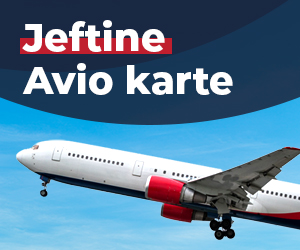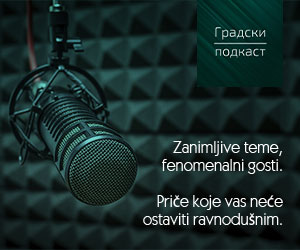
Izvor: NoviMagazin.rs, 10.Feb.2016, 14:30 (ažurirano 02.Apr.2020.)
Interview – David McAllister: EU asks Serbia and Kosovo not to block each other
In an interviewwith Novi magazin, David McAllister speaks to Julijana Mojsilovic about Serbia's successes and failures on its way to the EU in 2015; relations between Belgrade and Pristina; possible timetable for opening new chapters and eventual end of accession process
Serbia on its way to the EU: what are the advantages / shortcomings, what are EU expectations, what about Belgrade compliance so far, >> Pročitaj celu vest na sajtu NoviMagazin.rs << in regard to the latest EU Resolution?
In every respect, 2015 was an important year for Serbia. Progress has been made in a number of areas. Two years after the start of the accession talks with the European Union, the first negotiation chapters with the EU were opened. The latest European Parliament's resolution on Serbia underlines that the country is on its path towards the European Union. Serbia has embarked on an ambitious reform agenda and should continue to tackle decisively and head-on the systemic and socio-economic reforms. The country is engaged in the normalisation process with Kosovo and finalised key agreements in August 2015. Serbia's contribution to regional cooperation and reconciliation contributes to stability in the Western Balkans and is most welcome. Even though we have seen good progress in a number of areas, there is a need to make further progress in strengthening the rule of law, especially to fight organised crime and corruption. Serbia also has to improve the planning, coordination and monitoring of how new legislation and policies are implemented.
What would you stress out from the EU Resolution on Kosovo?
I am not the standing rapporteur for Kosovo, but I closely followed the drafting and adoption of the resolution. In terms of addressing the Belgrade-Pristina dialogue I believe it is important that the resolution stresses that both sides have to implement the already reached agreements.
Kosovo dialogue as the main issue, and related to that, does the EU expect the full recognition of the Kosovo independence by Belgrade or could it be just the full normalisation without formal recognition?
In substance, what is requested from Serbia is a continued engagement towards a visible and sustainable improvement in relations with Kosovo. This process shall ensure that both can continue on their respective European paths, while avoiding that either can block the other in these efforts.
The Resolution on Kosovo calls on five member countries to eventually recognise Kosovo independence as an important step towards the regional stability. If they do that, would the Belgrade full recognition become the condition for Serbia's eventual membership?
The Belgrade-Pristina dialogue is about the comprehensive normalisation of relations. This is the term used in the conclusions of the European Council and in the negotiation framework. At the end of the negotiations, a legally-binding agreement has to be reached.
What impact the early elections in Serbia could be in general and in case the Government remains more or less the same or if it change?
The decision to hold early elections is part of a democratic process and falls within the exclusive responsibility of the Government and the Parliament of Serbia. I don't believe that the early elections will slow down the EU accession process of the country. It will be important to continue reforms in the run up and in the aftermath of the elections in order to keep the European momentum going.
What the time framework for the opening of other chapters depend on?
The Council decides on the opening of chapters. I believe that the rule of law chapters 23 and 24 should be opened as soon as possible in order to help Serbia to continue on its path towards the European Union.
How realistic is Belgrade hope for 2020 as the "D Day"?
The date of accession mainly depends on Serbia's ability to deliver in key areas. When Serbia has fulfilled all the criteria, namely opened and closed all 35 negotiation chapters, Serbia can join the European Union.
Pogledaj vesti o: Autonomna pokrajina Kosovo i Metohija


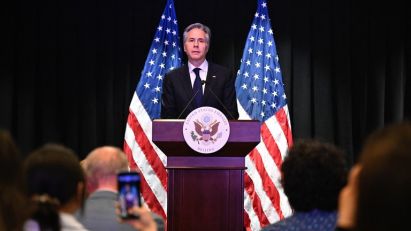



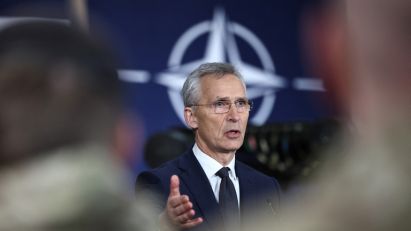



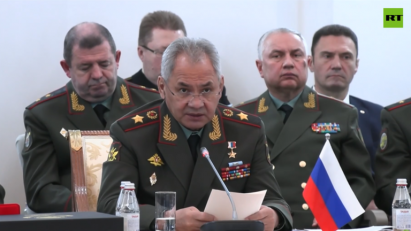

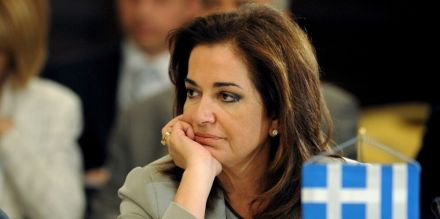
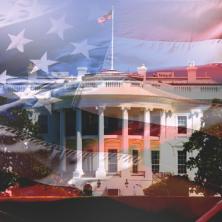



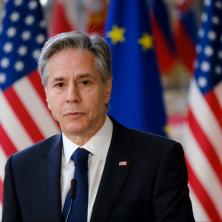
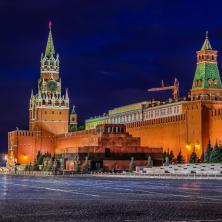
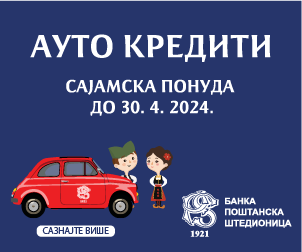

.jpg)
